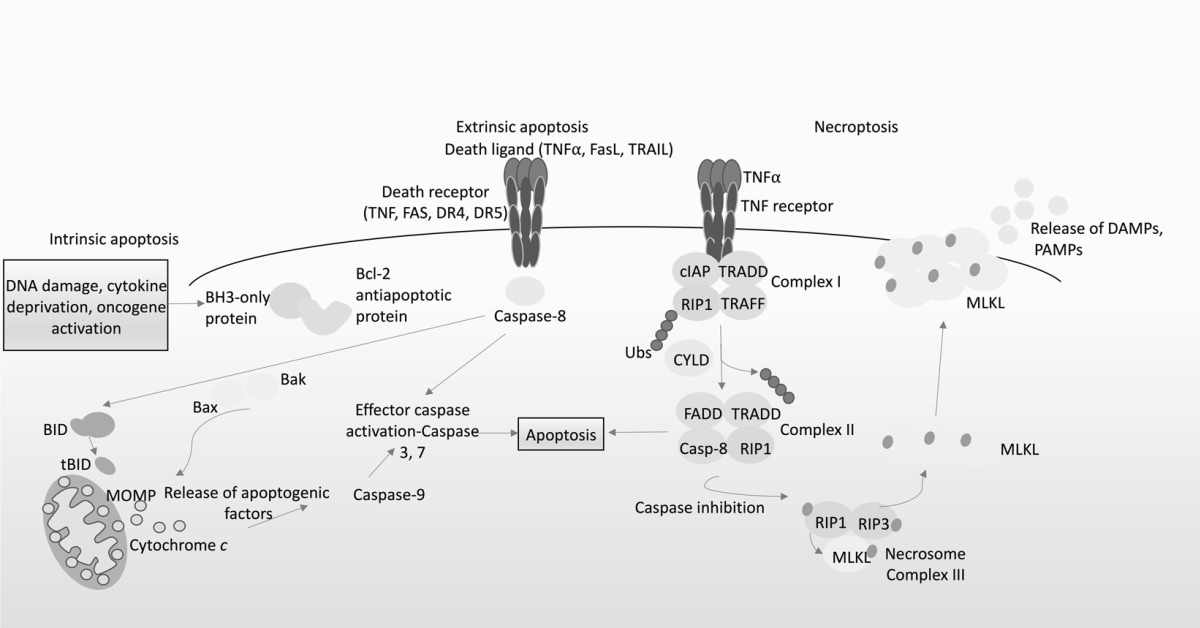
Understanding neurodegenerative diseases is crucial in the field of medicine and research. These diseases, such as Alzheimer’s, Parkinson’s, Huntington’s, and ALS, are debilitating and currently have no cure. The lack of treatment for these disorders makes it imperative to delve deeper into the current research and studies surrounding them. With the increasing aging population, the prevalence of neurodegenerative diseases is also on the rise, making it a significant public health concern. In this comprehensive guide, we will explore the latest findings and advancements in understanding these complex disorders. From the underlying causes to the latest treatments being studied, we will cover all aspects of neurodegenerative diseases in detail. So, whether you are a medical professional, researcher, or simply someone interested in learning more about these disorders, this article is a must-read. Get ready to expand your knowledge and gain a deeper understanding of neurodegenerative diseases.To fully understand neurodegenerative diseases, it is important to first understand how they affect the brain. The brain is responsible for controlling all of the body’s functions, including movement, speech, memory, and cognition. When neurodegeneration occurs, nerve cells in the brain begin to deteriorate and die, leading to a loss of these vital functions. This can result in symptoms such as memory loss, difficulty with movement and coordination, and changes in behavior and mood. Neurodegenerative diseases are a group of conditions that affect the brain and nervous system, causing a decline in function and ultimately leading to disability. These diseases, such as Alzheimer’s, Parkinson’s, Huntington’s, and ALS, can have a devastating impact on individuals and their loved ones. In this article, we will delve into the current research and studies surrounding these conditions, with a focus on understanding their effects on the brain and potential treatment options.
Prevention and Management Strategies
In this section, we will discuss ways to prevent or slow down the progression of neurodegenerative diseases. This can include lifestyle changes, medication, and therapies that can improve overall brain health.
Current Research and Studies
Neurodegenerative diseases are a major health concern, affecting millions of people worldwide. As our population continues to age, the prevalence of these conditions is only expected to rise. This has led to a significant increase in research and studies focused on understanding these diseases and finding effective treatments.
One area of current research is investigating potential causes and risk factors for neurodegenerative diseases. Scientists have identified genetics, environmental factors, and lifestyle choices as potential contributors to the development of these conditions. For example, studies have shown that certain genetic mutations can increase a person’s risk for Alzheimer’s and Parkinson’s disease.
In addition to causes and risk factors, there have also been significant advancements in treatment options for neurodegenerative diseases. While there is currently no cure for these conditions, researchers have made progress in developing medications and therapies that can help manage symptoms and slow down disease progression.
Some of the most promising treatments include drugs that target specific proteins in the brain, as well as stem cell therapy and gene therapy. These treatments are still in the early stages of research, but they offer hope for improving the lives of those affected by neurodegenerative diseases.
The Impact of Neurodegeneration on Brain Health
In this section, we will explore the specific effects of neurodegeneration on the brain and how it differs between different types of diseases. We will also discuss how these effects can vary from person to person.
Neurodegenerative diseases, such as Alzheimer’s, Parkinson’s, Huntington’s, and ALS, all have one thing in common – they cause a decline in brain function. However, the way they affect the brain can vary greatly.
In Alzheimer’s disease, for example, there is a buildup of abnormal proteins in the brain that interfere with communication between neurons. This leads to memory loss, confusion, and other cognitive impairments.
Parkinson’s disease, on the other hand, is characterized by the loss of dopamine-producing cells in the brain. This results in a decrease in motor function and can also lead to cognitive changes.
Huntington’s disease causes a breakdown of nerve cells in certain areas of the brain, leading to involuntary movements, changes in behavior and cognition, and emotional disturbances.
Finally, ALS affects both upper and lower motor neurons in the brain and spinal cord, leading to muscle weakness and eventually paralysis.
It is important to note that these effects can also vary from person to person. Each individual’s brain is unique and may respond differently to the same disease. Factors such as age, genetics, and overall health can also play a role in the impact of neurodegeneration on brain health.
Neurodegenerative diseases may be complex and difficult to understand, but with ongoing research and advancements in treatment options, there is hope for those affected by these conditions. By staying informed and taking proactive steps towards brain health, we can work towards a future where these diseases no longer have such a devastating impact on individuals and their families.